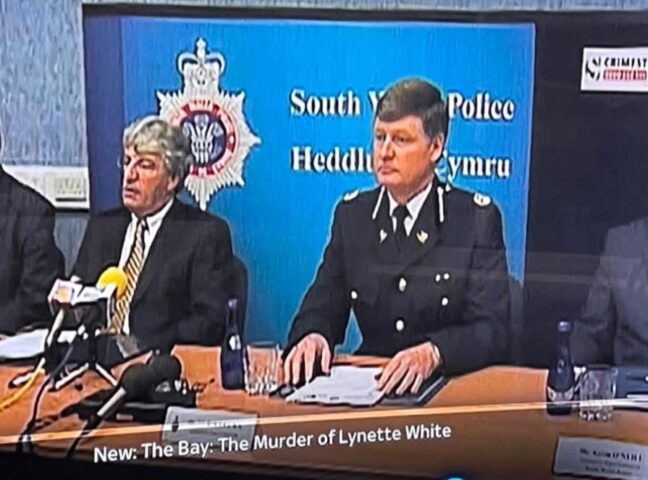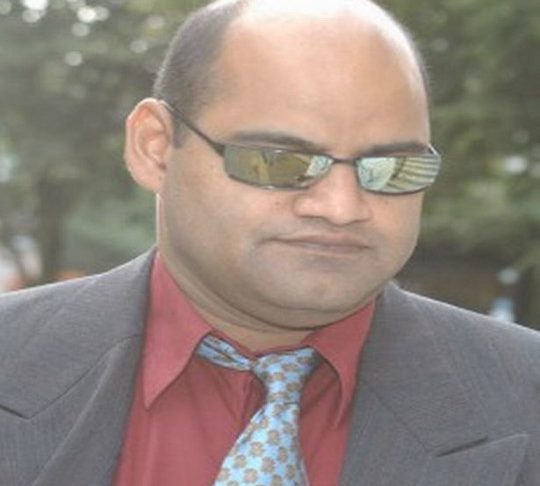
A Catalogue of Miserable Failures
March 30, 2025
The Sublime and the Absurd
April 1, 2025By Satish Sekar © Satish Sekar (March 30th 2025)
Is Vindication Not Enough?
Despite judges clearly having the powers to ensure that justice is delivered in cases of vindication from the inception of Schedule 21 of the Criminal Justice Act of 2003 and its successor, the Sentencing Act of 2020, the fact is undeniable – judges simply do not utilise their powers adequately, or in most cases, at all, in these cases. With the possible exception of the Lynette White Inquiry, where the judge used his power to add to the tariff through aggravating factors, even the amount added was meagre to put it mildly, judges have not used their power to ensure that the suffering of the innocent was taken into account in setting the tariff.
Mr Justice (Sir John) Royce wrongly thought that the law he relied on (Schedule 21) limited the amount he could set for aggravating factors. He was under the impression that he could only allow a maximum of a third of the starting point that he had chosen – in this case five years – for aggravating and mitigating factors. That meant that both the extreme brutality of the crime and the fact that Jeffrey Gafoor had allowed men he knew to be innocent to go to prison for a total of 16 years for a crime that he knew that he had committed was only worth five years for aggravating factors and it only outweighed the mitigating factors, which were trivial in comparison, by one year in Royce’s mind.
But Royce was wrong. The very law that judges must use to determine the tariff (Schedule 21) placed no limits on what judges could consider an aggravating factor as long as it had not been used to decide the starting point, and there was no restriction on the amount (time in jail) that the judge could set for that factor. The judge could use any aggravating factor, or combination of them, to set a tariff all the way up to a whole life order, which meant that the condemned prisoner would remain in prison until they died unless they were released on compassionate grounds, or successfully challenged the tariff or conviction.
Errors of Judgement
The failure to adequately punish Gafoor and other killers adequately in the vindication cases for allowing the innocent to pay for their crimes is not the only error of judgement made in these cases. It begs the question of why the seriousness of the murders themselves were not considered high enough – exceptionally or particularly high. The murder of Lynette White in particular was extremely brutal and a grotesque sexually-motivated one to boot. Lynette White was a sex-worker – a fact that is only relevant because Gafoor was seeking the services of one that night. Her life was devoid of meaning to him and unfortunately to the criminal justice system. Sex-worker or not, she was entitled to protection and once denied that, she deserved justice – her murderer should have paid for his crime with a punishment that fitted this appalling crime.
That did not happen. First, her life mattered so little that a gross miscarriage of justice was perpetrated in her name, and then, after a superb reinvestigation, led by now retired Detective Superintendent Kevin O’Neill, had made history by finding her killer against the odds, the punishment Gafoor received was woefully inadequate. A tariff of just 13 years was an insult to justice in this case. Gafoor served almost 22 years before he was released by the Parole Board on his sixth application.
22 years for such a crime was not enough. The tariff did not reflect the value of Lynette’s life and it did not reflect the value of the lives of the innocent men whose lives were wrecked by Gafoor’s crime and the travesty of justice that they suffered. Nor was it reflected in the paltry tariff imposed by Mr Justice (Sir John) Royce. The judge allowed just four-and-a-half years for the aggravating factors of the terrible brutality of the crime and the fact that Gafoor had allowed men he knew to be innocent, as he alone was guilty, to go to prison for a total of 16 years between them for his grotesque crime. Were they all the wrong type of victims whose lives were not considered valuable enough?
It meant that the suffering of all the victims in this case was only worth four-and-a-half years, on top of the fact that the seriousness of such a terrible murder was not deemed to be exceptionally high or even particularly high. The day that the seriousness of a murder like that of Lynette White is not considered exceptionally high or particularly high, there is no hope for humanity.


